We are officially half way through the year and therefore the PopSugar 2017 Reading Challenge. So far I have read 24 books so am only just shy of being on track. If you missed my other updates, be sure to check out #1, #2, #3.
What I love the most about this challenge (and I’ve said it over and over again) is that it forces you to read outside your comfort zone and pick up book you may have ordinarily skipped past. The books in this update challenged me each in different ways. With tough emotional themes, with an uncomfortable style of prose, and with a genre that forced me to open up my imagination.
I love how excited I get each time I pick up a new book, and even if it doesn’t become a favourite at least I’ve opened myself up to something new.
With that being said, here are the 6 books that make up my 4th 2017 Reading Challenge update.
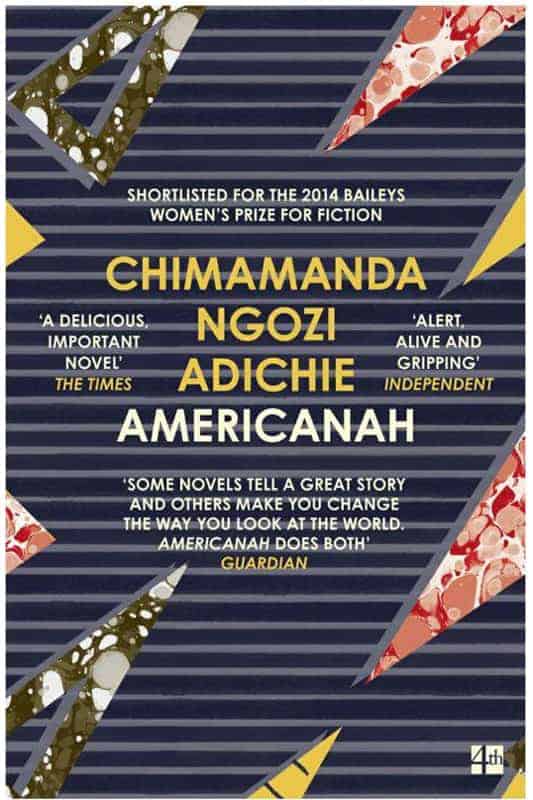
A book by an author from a country you’ve never visited: Americanah by Chimamanda Ngozi Adichie (2013)
I knew I was going to read a book by Nigerian author Chimamanda Ngozi Adichie for this category, I just couldn’t decide which one! When Americanah came up on sale in my Kindle suggestions, I took that as the decision made for me.
From the moment I started reading I knew this would be a serious contender for my best books list at the end of the year. The writing is clever and engaging and made me truly lose time as I read, just wanting to get through another page, another chapter.
I didn’t love the characters but at the same time I think that might kind of be the point. The book tells the story of Ifemelu, a young Nigerian woman who emigrates to the US to attend university. The story intertwines with that of her classmate and ex-boyfriend Obinze as he moves through lifes still in Nigeria. The paths they took after school were very different yet they seemed to lead them back to the beginning.
While in America, Ifemelu becomes a prominent blogger exploring the topic of race in non-American blacks living in America, all while navigating her way through a new society. The interactions she has with people are really what this story is about as it explores how the environment around you can shape your beliefs and the person you become. I found both Ifemelu and Obinze quite selfish and I struggled to empathise with them, however the overall message told through the book seems to transcend just those characters and becomes an interesting insight into a perspective of Amercia not often told.
Overall this was a great introduction to Chimamanda Ngozi Adichie and I look forward to reading more of her work.
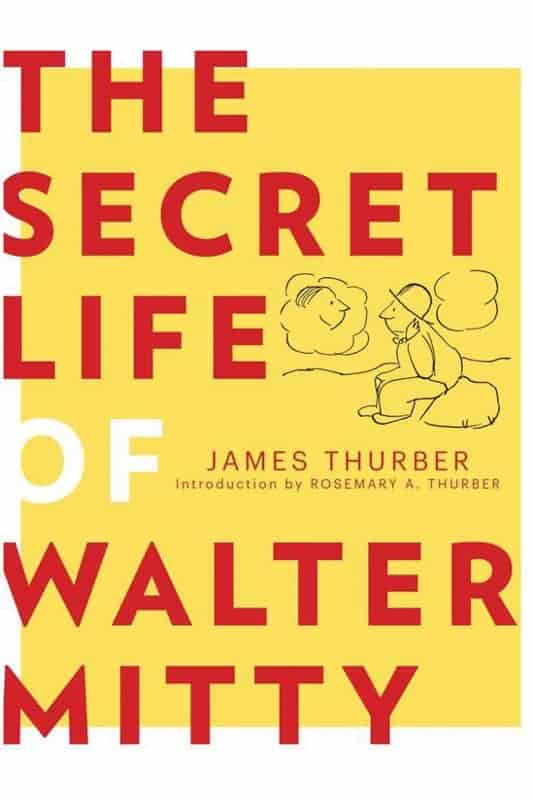 A book with pictures: The Secret Life of Walter Mitty by James Thurber (1939)
A book with pictures: The Secret Life of Walter Mitty by James Thurber (1939)
This category was one that I wasn’t really looking forward to after having to read a graphic novel for the 2015 version of this challenge. It was probably the category I struggled most with. I thought about a few different options but something I wanted to read was the short story of Walter Mitty. The ebook edition features a few of Thurber’s illustrations so I figured that made this an option for this category.
The movie adaption with Ben Stiller is actually one of my favourite movies and I really wanted to understand where that movie began. The movie tells its own story completely but what they share is the story of an ordinary man, bored by the monotony of everyday life, who finds comfort and solace within the narratives of his daydreams.
It is a very short story (perfect to keep me on track with this challenge) but one that seems to last longer in our minds. I think it reminds us to get lost in our thoughts as well as the power daydreams have to transport us to another world.
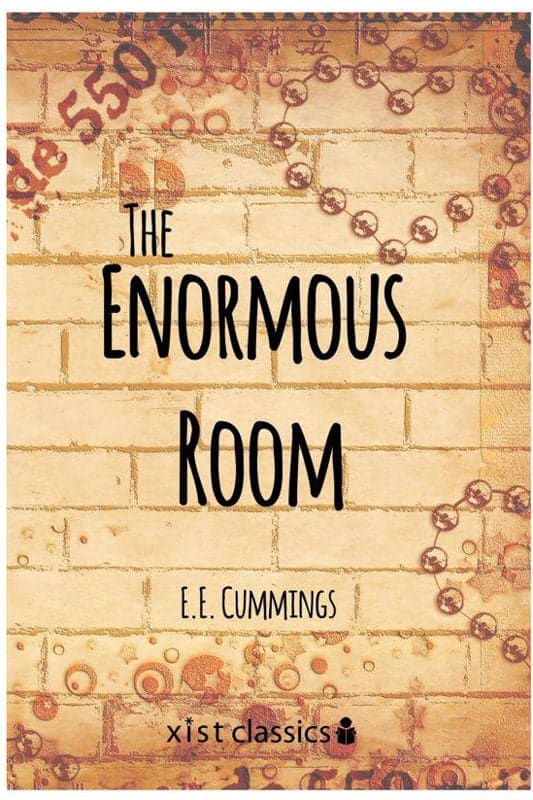
A book recommended by an author you love: The Enormous Room by E.E. Cummings (1922)
I came across this video of John Green recommending a bunch of books that he loves and I thought immediately that I would choose one of those to fill this category. I chose John Green as I absolutely love the way he writes, and I wanted to read that which may have influenced him. Possibly but not obviously in the hope that maybe it would influence me too.
I started this book and I hated it. I wanted to stop, throw it away and choose something else. But I am not a quitter and I very rarely stop reading books unless I find them particularly bad (*cough* The Hobbit). So I persevered.
The thing was, I didn’t find this book bad. I found it hard to understand and it made me feel as though I was not on the same wavelength as the author. More than anything, I just found it challenging. Maybe I am just looking for the positives, but I think being challenged occasionally is a good thing.
This book is the fictionalised memoir of E.E. Cummings’s time spent imprisoned for four months in France during World War I. He and a friend, referred to in the book only as B. (but who is known to be William Slater Brown) were working as ambulance drivers in France when they were arrested and taken to the prison camp. The Enormous Room refers to the prison room in which Cummings slept alongside the other captives. The book focuses on the individual characters he encounters and doesn’t follow any form of timeline, rather telling stories as they need to be told.
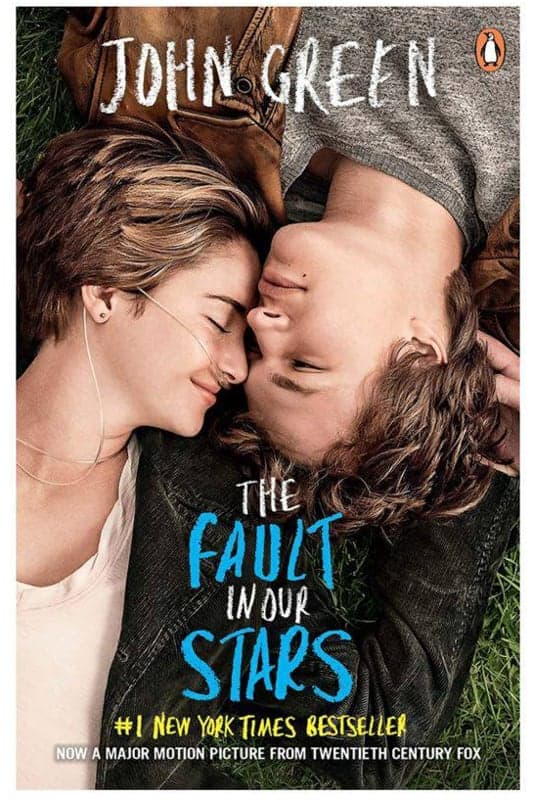
A book about a difficult topic: The Fault in Our Stars by John Green (2012)
The first time I heard about this book it was from a 12 year old girl who passionately spoke of the love between Hazel & Augustus. She was the daughter of one of the shop owners nearby when I worked in retail and she used to come and sit with me while I worked and tell me all the fascinating tales that occurred in the week since I had last seen her. She was so excited by the announcement that this story was going to be made into a movie that when a friend suggested we go and see it I agreed straight away out of curiosity. We left the cinema and hardly spoke a word to each other, eyes red, face blotchy – it was a seriously amazing story.
After that, I begun reading John Green books. I fell completely, head over heels in love with his words. I realised on reading the 3rd of his books that it was not the characters or even the story lines I loved, it was the way he manipulated the words. He could bend the words to his will and control a story on a level that I had not connected with so strongly with before in my memory.
While I knew I had to eventually read it, I put off reading The Fault in Our Stars because I wasn’t sure it was a story I could go through again. When I chose Green as an author I love for the above challenge category, I knew I had to read his most popular book, even if I felt I already new the story from the movie.
It is beautiful and it is powerful, and it is so well written that each page flows smoothly into the next and I get completely lost. But the story of Hazel and Augustus literally breaks my heart and I again found myself red eyed and blotchy after the most horrific cry session I have ever had from a book at about 90% through. I wasn’t sure I could finish.
But I did. And I am glad that I read it. I think the movie did it absolute justice as it stayed true to the narrative Green created. I don’t even want to tell you more about it, you can look that up yourself. Or you can just read this book, which I think you should. Just make sure to have a box of tissues near by.
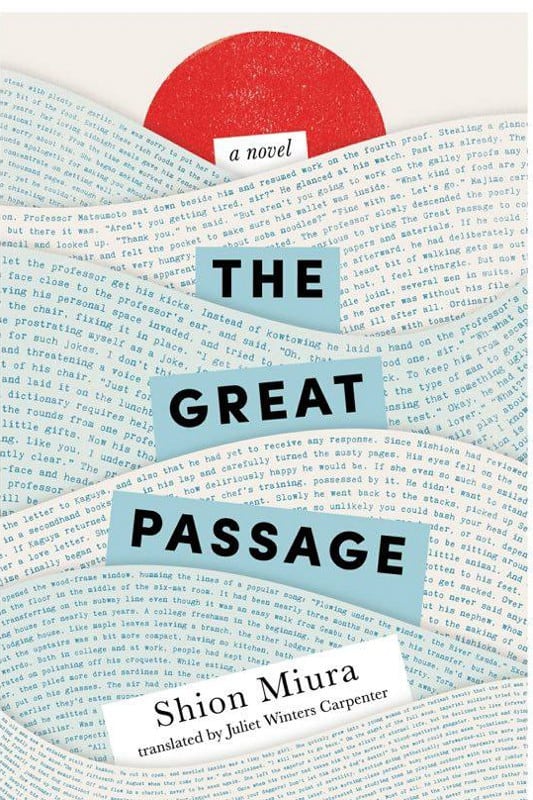
A book where the main character is a different ethnicity than you: The Great Passage by Shion Miura with Juliet Winters-Carpenter (translation) (2017)
Just as an initial disclosure, I think this book was originally published in Japan in 2012 however the English translation has been released this year. This book came up in my Amazon new release recommendations when I was in need of something to read, and a book about words sounded pretty perfect to me.
The Great Passage is a dictionary named so because ‘a dictionary is a ship that crosses the sea of words’. This book follows a 15 year journey through the making of this dictionary from initial conception through to publication. I found the detail of the work involved in bringing a dictionary to life fascinating and for that reason I enjoyed reading this book. It also dives deeply into the personalities of the individual characters and how they come together through their unique motivations.
It was a fairly simple and easy read, however one of the most interesting things I found was that it was a book about the Japanese language, translated into English. A lot of the book talks about the words in Japanese and how the language uses words to form meaning. This isn’t easily translated into English so a few words and phrases remain in Japanese. There is still the explanation though so I don’t think this takes away at all from the understanding but rather adds to it and for me, I found it built my interest.
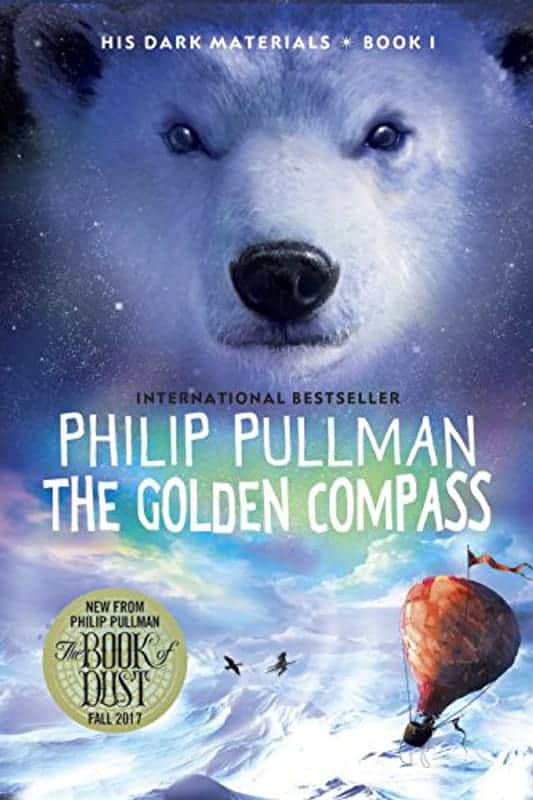
The first book in a series you haven’t read before: The Golden Compass: His Dark Materials by Philip Pullman
I take recommendations strongly. When someone passionately and publicly declares their love for a book I try and listen as I feel I owe it to them and the book to see if I agree.
I have been following Liz at Young Adventuress for a while now and when I read this post of hers about how this story sparked such a sense of adventure in her that she eventually followed it all the way to Svalbard, well I thought I better give it a read myself.
I am mixed in my opinion of this book. I didn’t love it and I struggled to open my mind to the fantasy of the story. Tales of demons and gypsies and mercenary polar bears. Once I let go and opened my mind to the world in which the story was unfolding I found myself becoming more immersed in the story being told.
This story follows Lyra, an 11 year old girl with a strong sense of adventure and mischief who has grown up within the confines of Jordan College in Oxford. Mysterious disappearances of children along with discoveries made by the puzzling Lord Asriel lead Lyra on a journey to the far north. Along the way she travels with gypsies and witches and forms an unlikely friendship with an armoured polar bear.
The writing is vivid, particularly that of the rugged and untouched landscape of Svalbard, and for that reason I can understand how you can become caught up in the story. As it was the first in a trilogy I can sense that most of this book was laying the foundation of what is to come so I would be interested in continuing through the series to see what happens next.
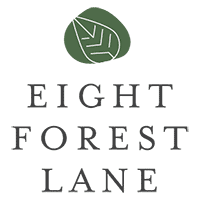

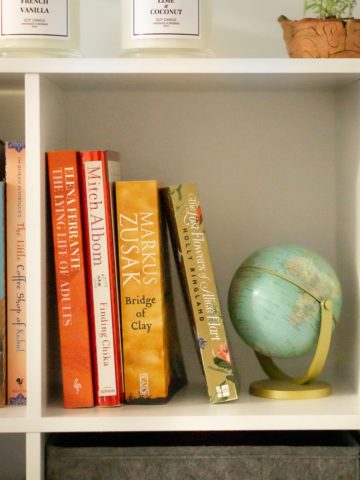
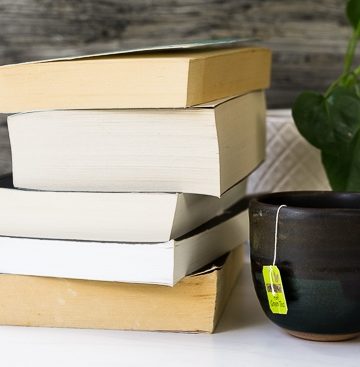

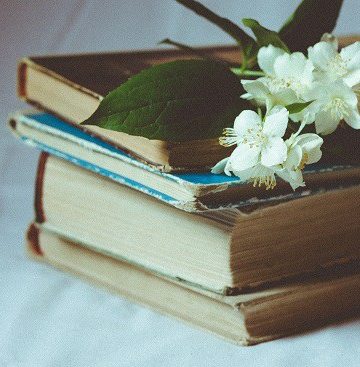
Made this recipe? Leave a review!